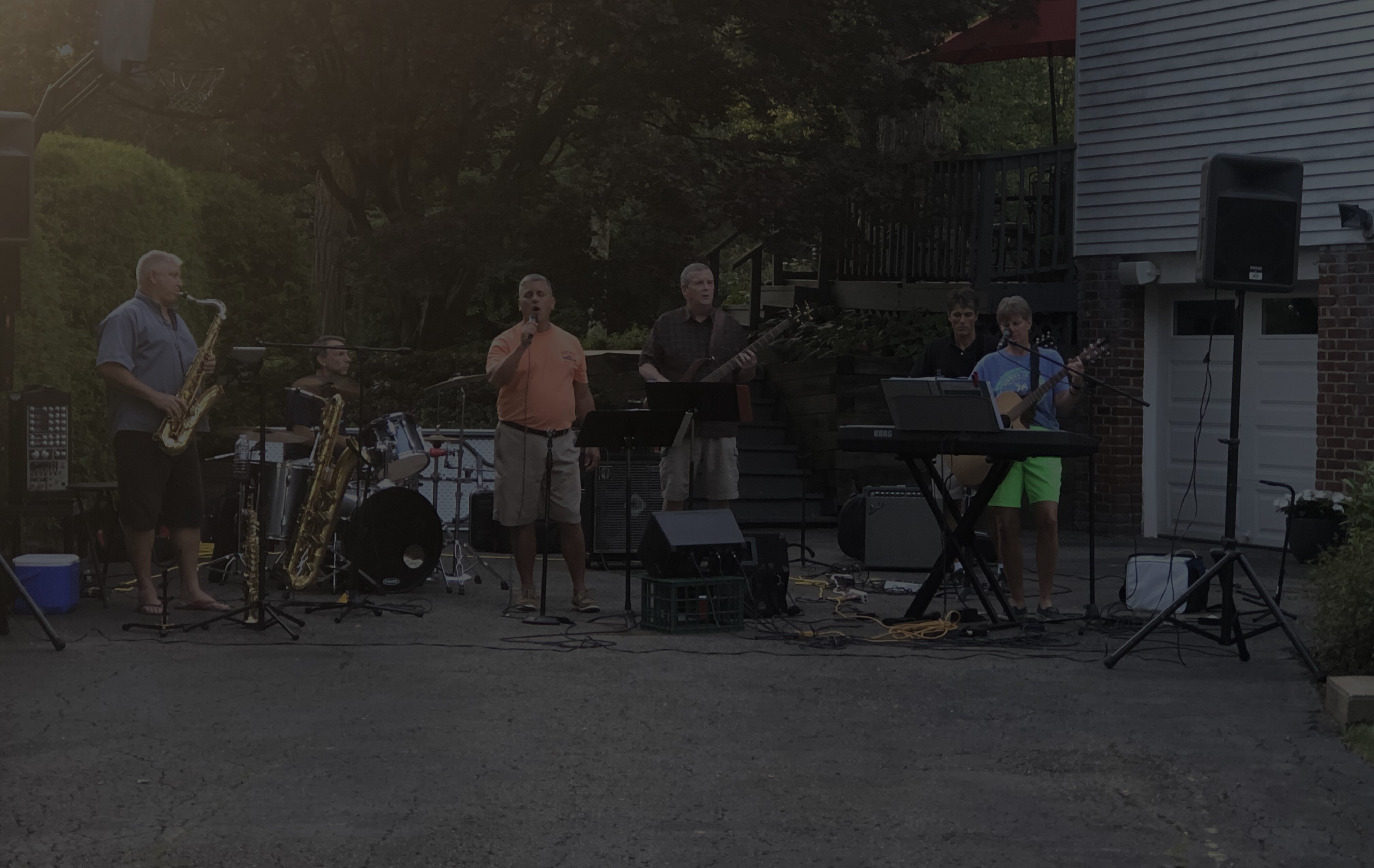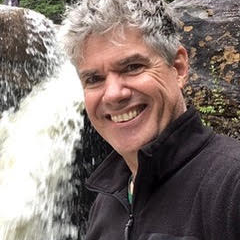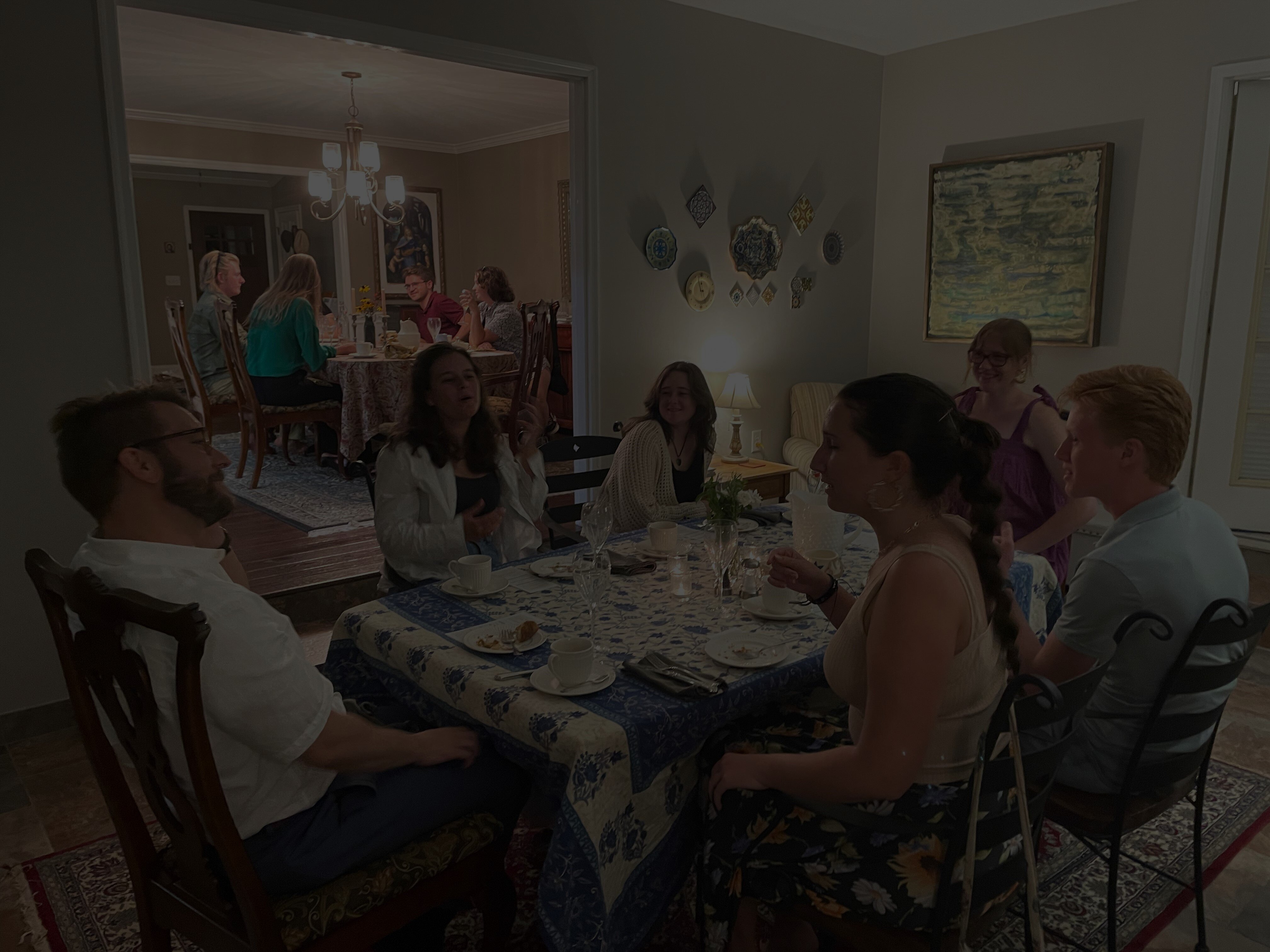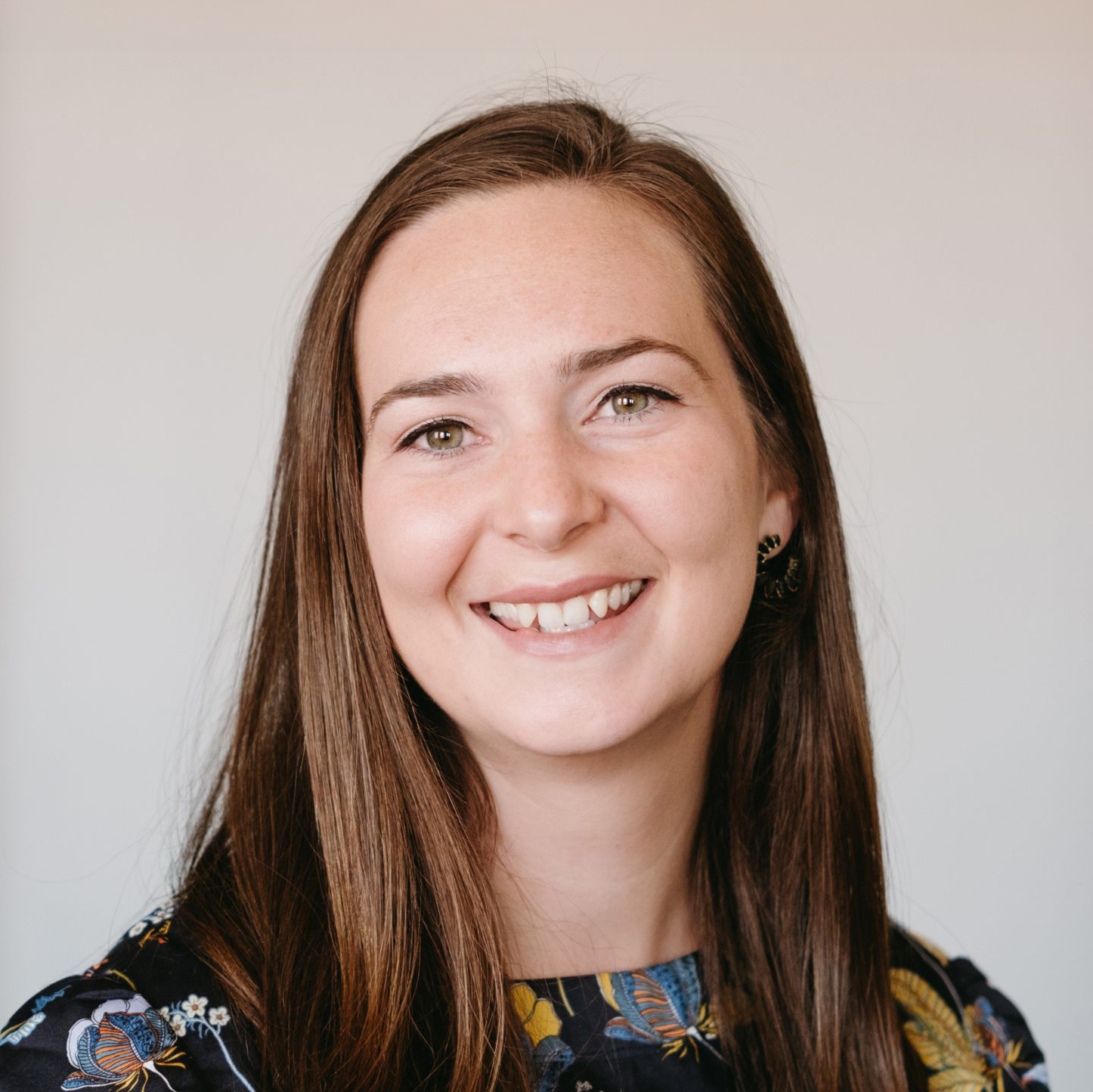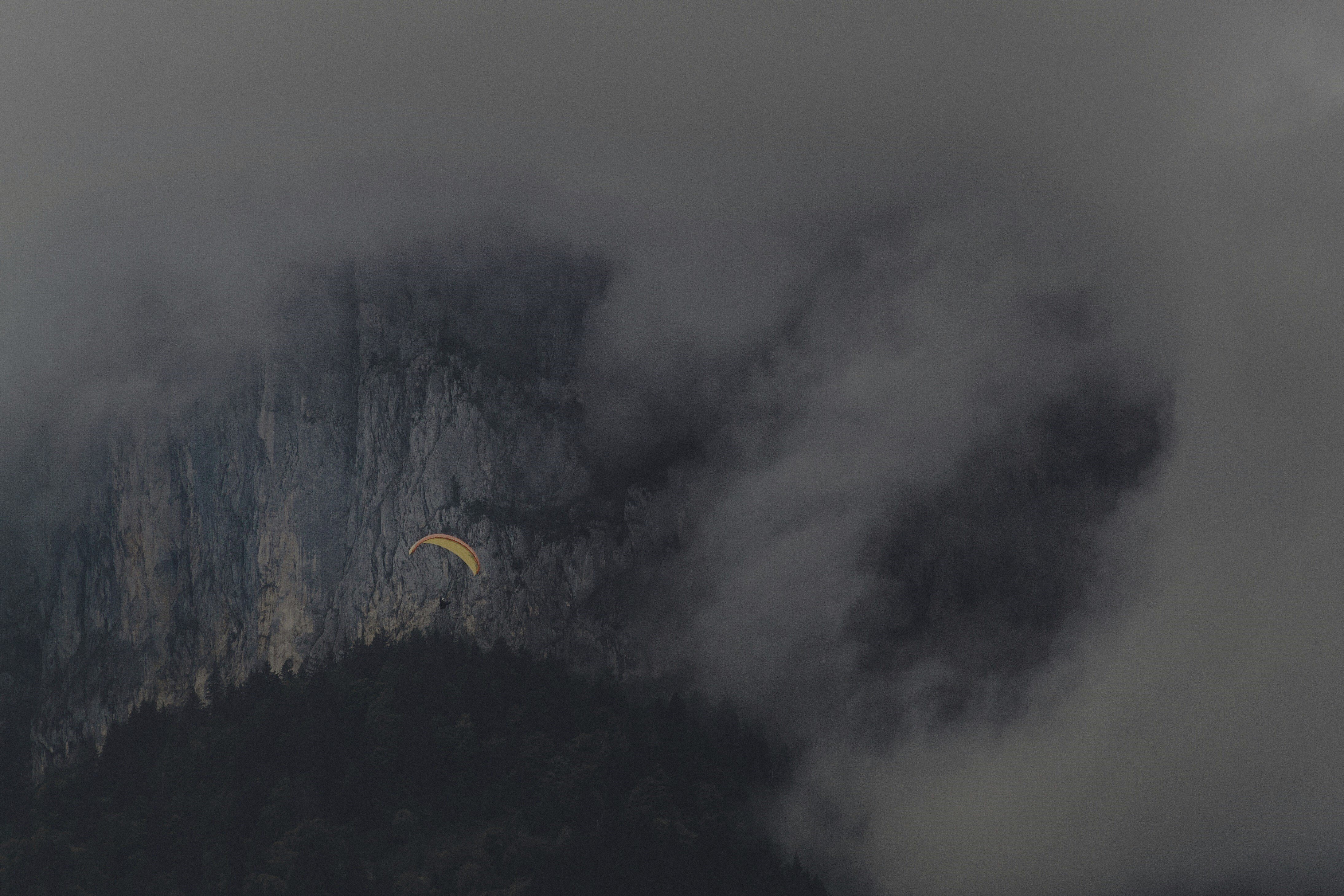Journey to Home: Asian American Friendships and Finding Community in Waco
I have moved many times throughout my life, but the most significant was when my sister and I immigrated from South Korea to Seattle, when I was thirteen. Though it was a difficult decision to make, my parents were driven by their desire for us to pursue the American dream. My parents spent years flying back and forth between two countries, my father pursing two dreams at once: having a successful career in Korea and giving his children an American education for a better future with more opportunities.
While adjusting to a new culture had its challenges, Seattle, with its vibrant Asian American community, quickly became my adopted home. The Korean church alongside the wider Asian community became important factors in anchoring my identity and sense of belonging. I felt a deep connection to this city, and I was convinced that I would not want or need to move anywhere else. But life rarely goes the way you planned. Work and school led me away, and years later, I found myself in Waco, Texas.
The move to Waco was jarring. My wife and I knew little about the small Texas city. When we announced to our friends and family that we were moving to Waco, responses ranged from, “Isn’t that the Branch Davidian town?” to “Chip and Joanna live there!”
We felt immediately that Waco was another world. Its culture was unfamiliar, the climate unforgiving. I remember telling my wife within weeks, “I want to move back home.” The community, food, and culture that once surrounded me in Seattle seemed like a stolen dream. I had to believe that our stay in Waco was only temporary. After I finish my PhD, I told myself, we’ll head back to Seattle.
But a question directly posed softly began welcoming me in. “Hey, are you Korean?”
Jamie was a student in my department at the time. While she was Chinese American, Jamie loved Korean culture, especially Korean food and music. My wife and I became fast friends with Jamie. This unexpected encounter led to a homemade dinner (I cooked us all Korean food) and conversations and stories about experiences we Asian Americans who find ourselves in Waco tend to share. It turned out that Jamie lived across the street, and she often came over to eat dinner or watch Korean dramas with my wife. Our weekly “family” dinners wove the first thread of finding a new sense of home in Waco.
The Jeongs host a "family" dinner for friends featuring traditional Korean food.
Several months after meeting Jamie, I took my son to Chick-fil-A on a Saturday morning. Out of the corner of my eye, I saw a man, who looked around my age, bringing his two daughters to the restaurant playground. After seeing him interact with his daughters in Korean as well as English, I leaped up and asked him, “Hey, are you Korean?” Laughing, he confirmed, and after some small talk I mustered up the courage to directly ask him, “Moises, does your family want to hang out?” It was a bold move, mainly spurred by the rarity of encountering Asian American families in Waco. But it felt right.
As amusing as this story may be, I often reflect on this moment because there is something universal about this type of encounter, in the sense that you fondly remember the point when you first met someone who would become a friend, and later—family. But I also reflect on this moment with an awareness of certain particularities. The lack of Asian Americans in Waco allowed for this type of initiation to be welcomed and appreciated. After all, in Seattle, I would have not done such a thing. There it would have been weird.
Over the next few months, more friendships emerged. We met various Asian American families, all similarly finding themselves in a foreign place, leaving their respective homes across the country to come to Waco. These families became the foundation of a new home we were making together. We were weaving a tapestry of belonging in Waco, Texas.

The Jeongs gather for an afternoon outdoors with their Waco community.
Waco’s unique dynamic paradoxically shaped the environmental and structural conditions for our close-knit community. In fact, if you were to look on the surface, you’d likely assume the scarcity of Asian Americans, the limited availability of authentic Asian food, and the small-city lifestyle would complicate life for an Asian American. Curiously, these factors have become the conditions that strengthened our bonds of friendship.
Take the scarcity of Asian Americans in Waco. The Asian population in Waco is less than 2 percent. It is natural—and justified—to think that such scarcity would exacerbate feelings of isolation and invisibility. Yet, ironically, it has actually enhanced our visibility and drawn our communities closer together. This reality was seen in my initial encounter with Moises and his family. The lack of Asian Americans in Waco made them stand out that Saturday morning at Chick-fil-A, turning what could have been an awkward exchange into a welcome invitation. In a larger city, like Seattle, this type of approach could have been seen as beyond the norms and even intrusive. Yet Moises graciously embraced the initiation of friendship. Now our family can’t imagine a life without them.
Moreover, the absence of authentic Asian food in Waco has turned our homes into places where we cook and gather. Many of our friends love to cook—and the lack of Asian food options in Waco has turned this hobby into a necessity. Instead of going out to eat, we have adapted to cooking our favourite Asian meals at home. Whether it’s Korean barbecue, chicken adobo, pad Thai, or sundubu, we have learned to cook these ourselves. These communal meals have been fundamental in creating spaces for community.
Waco’s size, too, specifically the absence of big-city traffic, adds to the ease of our community building. We can, at a moment’s notice, text each other and, within thirty to sixty minutes, gather at someone’s home for a meal. This is one of the unexpected charms of Waco—friends are never too far away, allowing us, even with children, to gather effortlessly. This kind of proximity would be unlikely in a bigger city, where busy friends are sprawled out across the city navigating hectic schedules. While there are limitations to small-city life, the benefits for community are significant.
The very constraints Waco imposed on us, when acknowledged and embraced, have helped us build deeper connections. The perceived barriers have become opportunities for a richer and deeper life together.

This beautiful illustration by Jamie Wong Baesa features some of the Jeongs close Asian American friends in Waco. See more of Jamie's art on Instagram @designswithjamie.
While most friendships deepen gradually, others are cemented into family suddenly through a pivotal moment. For some of our friends in Waco, this pivotal moment was the chaos of the 2021 Texas storm. When the storm first arrived, we anticipated a couple snow days. My son was excited, and I thought, “How bad can a Texas winter storm be?” But a few hours later, we were in for a big surprise.
Many across Waco lost power that week, but our neighbourhood, thankfully, was spared. When our friends lost power they came the next morning and ended up staying for four days. We made makeshift workstations and tackled remote work, brewed coffee and tea throughout the day, took turns cooking meals and cleaning up the dishes, laughed over card games or Bananagrams, and watched Hospital Playlist (a Korean drama) on Netflix. Life together was a welcome escape from the harsh reality outside. These shared experiences revealed a deep interdependence and fostered a sense of shared vulnerability. The storm, in an unexpected way, became a gift; the close quarters and time together allowed our friendship to grow.
A close friend once recently told me, “I feel sorry for you, Elijah.” This statement was in reference to the fact that my family and I are still living in Waco. After all, Waco is starkly different from Seattle, the city I once called home. For him, the absence of good Asian amenities, such as H-Mart, quality Asian food, or a sizable Asian population, seemed to equate to a diminished quality of life.
His sympathy was well-intentioned, but there was no need for it. I have found great happiness and contentment in Waco, Texas, a place where we have and continue to build our community and a sense of belonging. An unexpected place we now call home.

.png)
